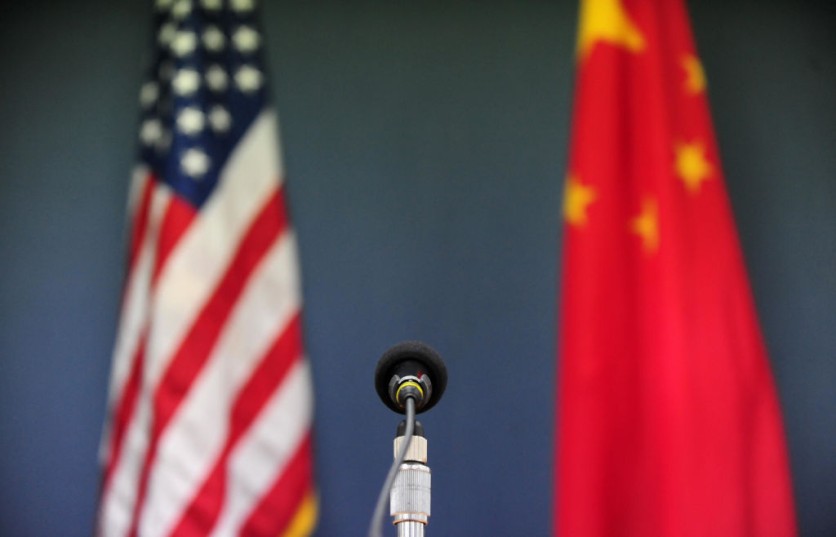In a recent development, China's Commerce Minister Wang Wentao spoke with US Commerce Secretary Gina Raimondo, expressing deep concern about the US' stringent restrictions on third-country exports of lithography machines to China (via Reuters).
The discussion highlighted rising global technology tensions as Washington maintains export controls, denying China access to advanced chips and chip-making tools critical for breakthroughs in artificial intelligence (AI) and sophisticated military computers.

China Reacts Over Strict Tech Embargo
The Netherlands, home to ASML, the world's leading chip equipment manufacturer, is a key player in this technological battle.
The South China Morning Post reported that ASML's cutting-edge extreme ultraviolet (EUV) lithography machines have been restricted, with the Dutch government revoking an export license for some of its equipment to China on January 1.
This action followed the United States government's October ban, which prevented ASML from sending even older models of its deep ultraviolet (DUV) semiconductor equipment to China, affecting ASML's largest market, which accounted for 46% of its sales in the third quarter of 2023.
Chinese Officials Condemn US for Market Interference
China, through Commerce Ministry spokesperson Shu Jueting, expressed deep concern about the US directly interfering with Dutch companies' export of lithography machines to China.
Shu Jueting condemned the United States' instrumentalization and weaponization of export control issues, urging the Dutch side to uphold the spirit of their agreements.
The crux of the issue is the US Department of Commerce's survey of US companies' purchases of legacy chips - current-generation and mature-node semiconductors. The survey, worth nearly $40 billion, aims to reduce China's national security risks by focusing on using and sourcing Chinese-manufactured legacy chips in critical US industries.
This survey and ongoing investigations into the legacy chip supply chain add to Beijing's concerns about US meddling in normal trade practices.
During the call with Raimondo, Wang Wentao emphasized these concerns, framing the discussion around the line between national security concerns and trade and economic cooperation.
The call delves into the nuanced dynamics of the economic relationship, recognizing the challenges while affirming the need for open communication channels and exchange mechanisms to foster enterprise cooperation.
Worsening Tensions
This development comes against increased engagements between the US and China following a November meeting between President Xi Jinping and Joe Biden.
Despite efforts to improve relations, the two economic powerhouses remain at odds on several issues, including China's access to advanced technologies, territorial disputes in the South China Sea, and broader security concerns.
Despite improved relations, technological tensions persist, as evidenced by the Dutch government's recent cancellation of ASML's export license. The geopolitical implications of the US-China tech standoff go beyond simple economic considerations, affecting the global landscape of technology development and trade.
Stay posted here at Tech Times.
Related Article : Former Google CEO Spearheads Secretive US Drone Project to Counter China's Advances

ⓒ 2025 TECHTIMES.com All rights reserved. Do not reproduce without permission.




